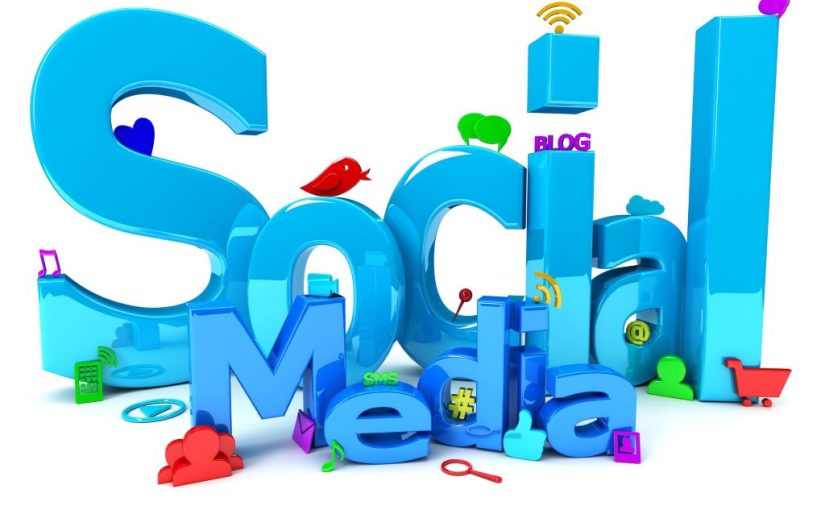There’s no question that a social media presence is good for business. Over 80% of people in the US have at least one social media profile, and more than half of those have multiple accounts.
That means there’s a high chance of reaching customers on various social media platforms, whether through brand awareness, content marketing, or video ads. In fact, the majority of social media users also use their favorite platforms to directly purchase products.
While some of the best social media platforms to include in your marketing campaigns are household names that you may already use, there are a number of less commonly used apps with millions of daily users that can be an effective addition to your media mix.
Here are our top 12 social media apps to market and grow your business – in no particular order.

Facebook is not only the biggest social media network in the world, it also has the most developed advertising platform of all of the apps available. Because it is such an established site, the tools at your disposal are easy to use, intuitive, and make the most of your budget.
Whether you choose to list your business on Facebook, utilize ads to target users, or set up your customer service through Messenger, it’s very likely new customers will find you there.
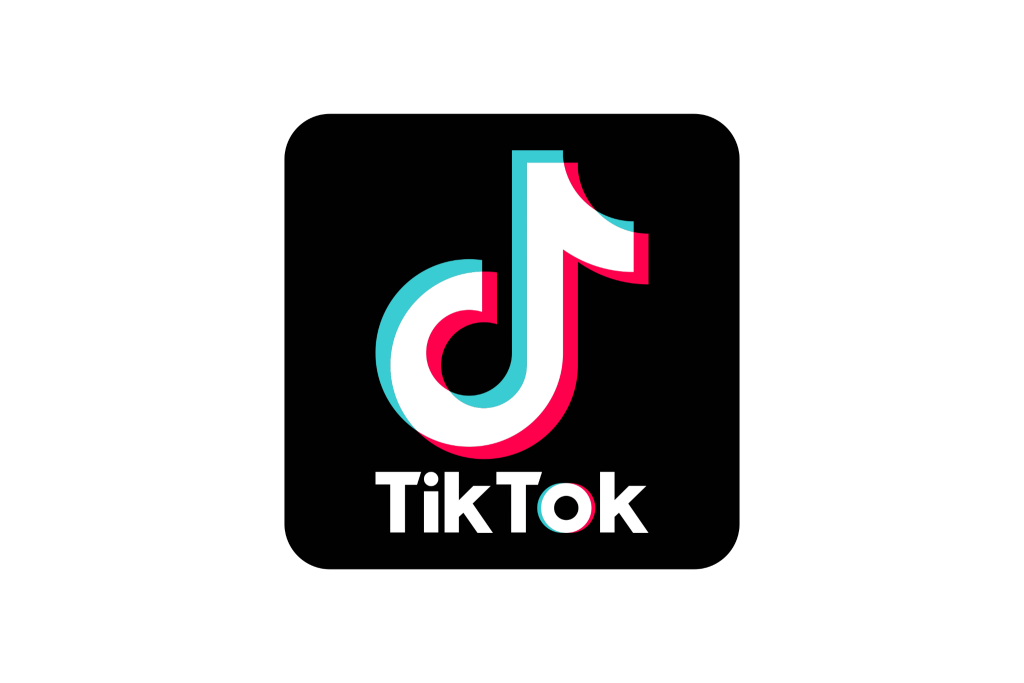
Unless you’ve been living under a rock, chances are you’ve heard of TikTok, one of the fastest-growing social media apps of all time.
With TikTok’s reputation for attracting a younger generation and having its own set of rules and trends dictating videos including dancing and lip-syncing, some businesses shy away from the platform.
But given it’s enormous potential for advertising either as a business or through influencers, companies should take note.

Smart advertisers already know that Instagram is so much more than a place to post vacation pictures. You can easily start by setting up an Instagram business profile and posting deals, promotions, sales, and product information.
As a visual app, companies can easily post images or videos without having to write long posts. Instagram also gives its business users access to dedicated resources to assist them in growing their audience.

Looking to branch out into international markets? If you’re considering China, it’s important to note that many popular US social media apps like Facebook and Instagram aren’t available to Chinese consumers.
This makes WeChat a great option for businesses looking to enter the Chinese market. While it started as a messaging app, it has grown into a platform for online shopping, advertising, and booking.

LinkedIn is popularized for being the go-to social platform for building a professional network, as well as finding a new job or recruiting employees.
It’s also a great tool for marketing, particularly for B2B commerce: did you know 80 percent of B2B social media marketing leads come from LinkedIn?
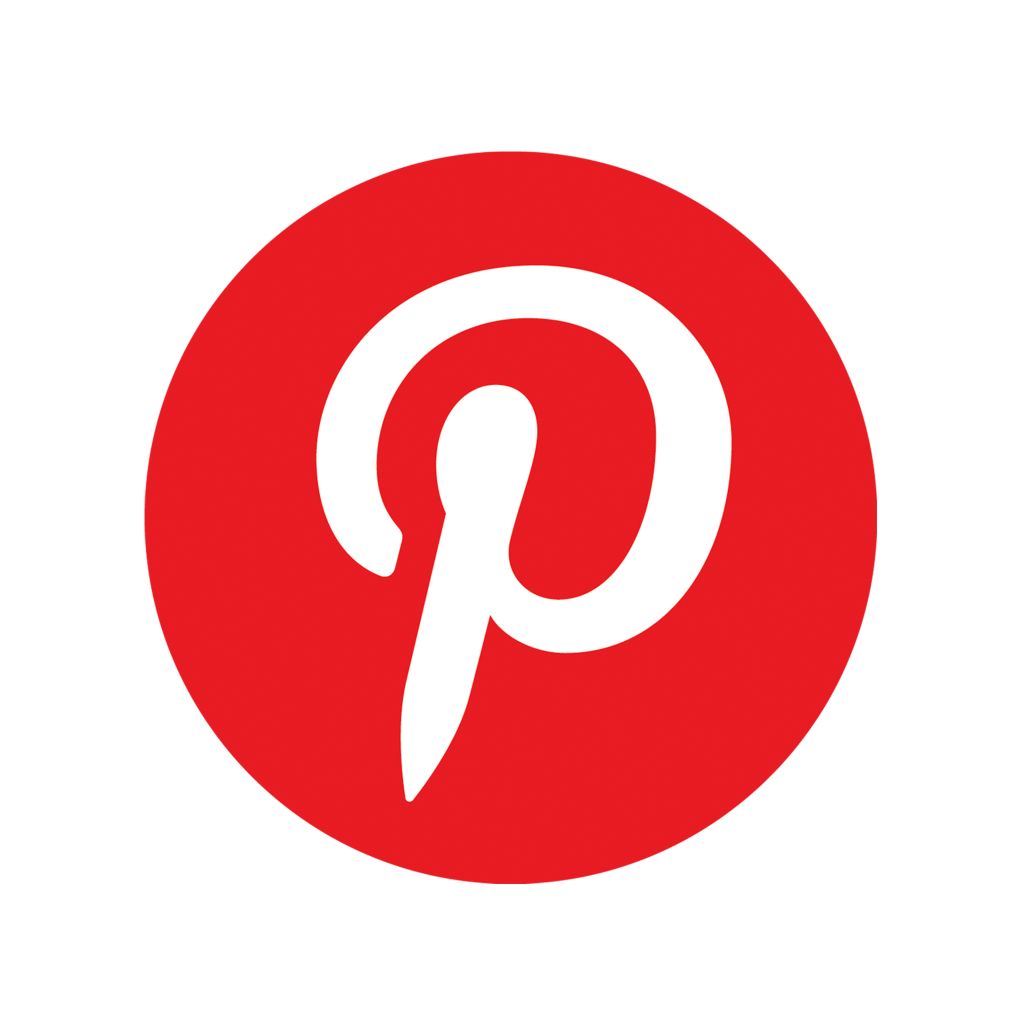
Pinterest is a social media site for curating a digital pinboard of your ideal aesthetic – whether that’s through interior design, fashion, beauty products, or even food.
While the company does provide Pinterest Ads to businesses looking to promote their services, simply setting up a free Pinterest profile for your business to tell visual stories about your products or services can drive serious traffic to your company.

Similar to WeChat, QQ is an instant messaging app. Based in China, the platform has grown its reach into more than 80 countries with a whopping 807 million users.
That’s twice the number of Twitter users around the world, making QQ the biggest social media app you’ve never heard of.

While Reddit began as a more obscure destination for internet users with specialized interest, it has quickly grown into a reputable platform for crowdsourced information.
While finding your niche on a subreddit is relatively easy, a self-promotion ban is heavily enforced on the site.
This means businesses need to get creative with what they share. With 430 million users, however, the payoff is well worth it.
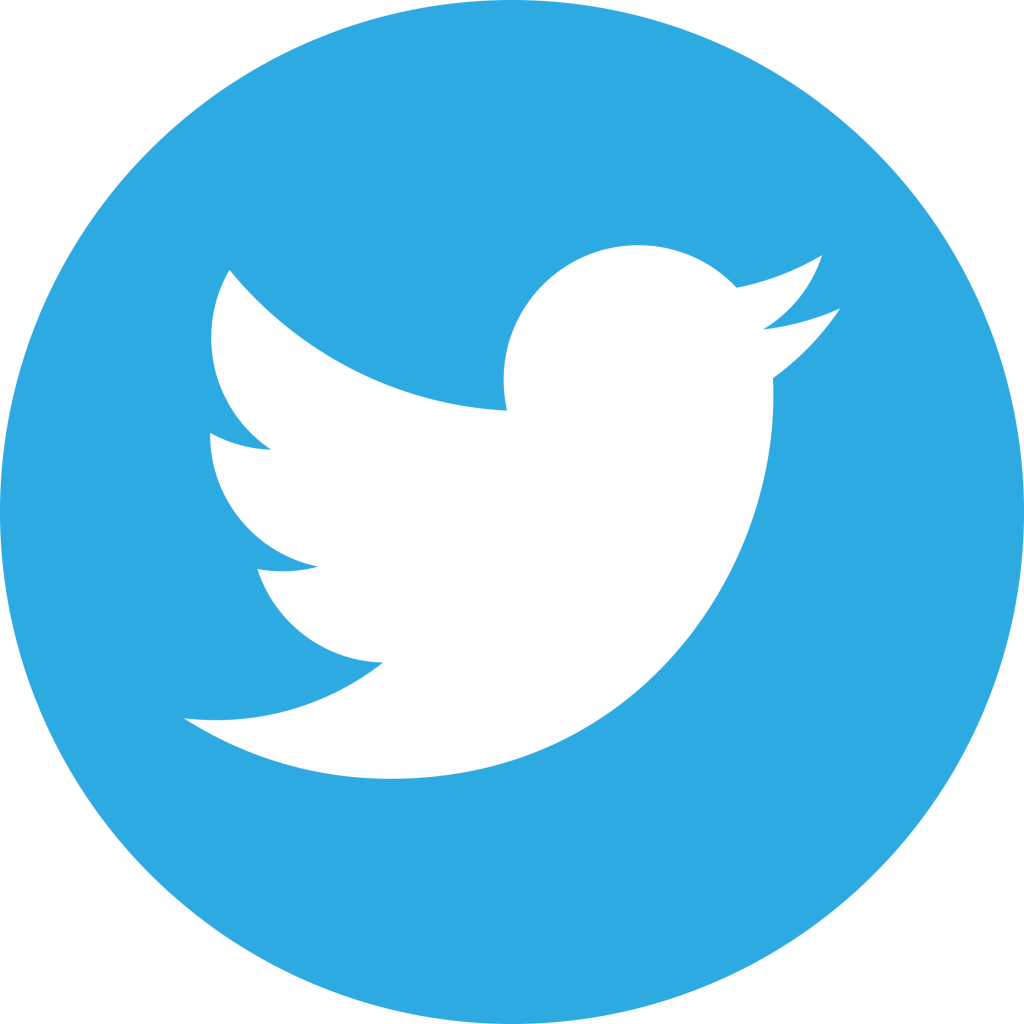
One of the oldest and most established social media sites, Twitter allows you to share videos, pictures, and short posts in real time.
Many companies have found success with live-tweeting and using hashtags for promotions, as well as using the opportunity to easily interact with users.
The platform also boasts business-friendly tools such as Twitter Analytics to track the success of your campaigns.
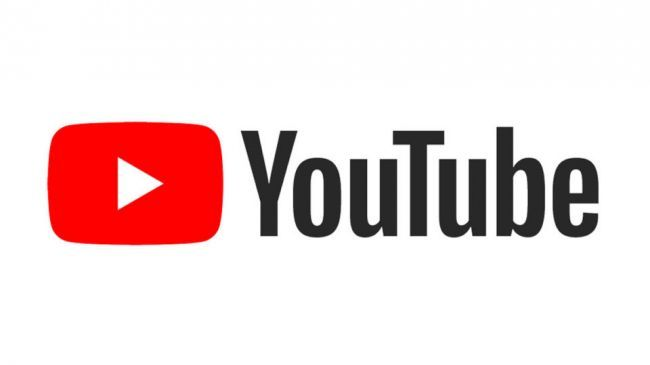
Users watch over 1 billion hours of video on Youtube every day. That’s good news and bad news for companies looking to expand their video marketing: there’s a lot of users to watch your content, but there’s already quite a bit of great content out there!
Decide ahead of time how you’re going to make the best use of your YouTube marketing strategy by asking yourself beforehand if you want to grow your audience through search optimization, promote products through direct ads, or increase brand awareness through content marketing.

Formerly known as “Google My Business,” your Google Business Profile is a listing for your company that users find when searching on Google.
While it’s more of a straightforward listing service, you can use the social media aspects, such as reviews and localized posting, to your marketing advantage.
Data shows that keeping your Google Business Profile verified and up to date significantly increases your click through rate and any potential purchases.
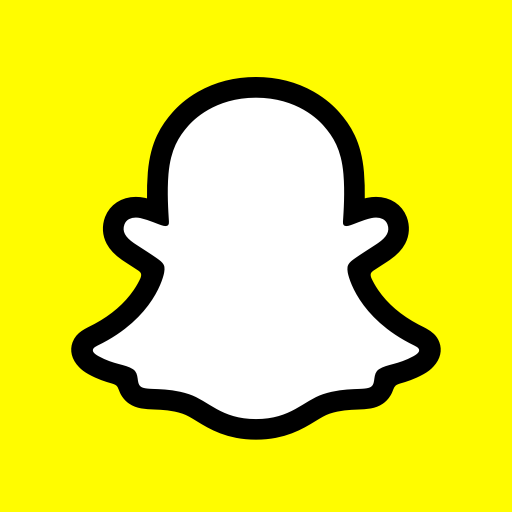
Companies may shy away from Snapchat because the main draw of the app is that content disappears after 24 hours.
But many intrepid brands have found ways to use that to their benefit when marketing, by promoting sales and other news with more urgency to their users.
Snapchat allows you to directly tap into a younger audience with a basic free profile, or choose to pay to advertise your posts on their discovery page.

